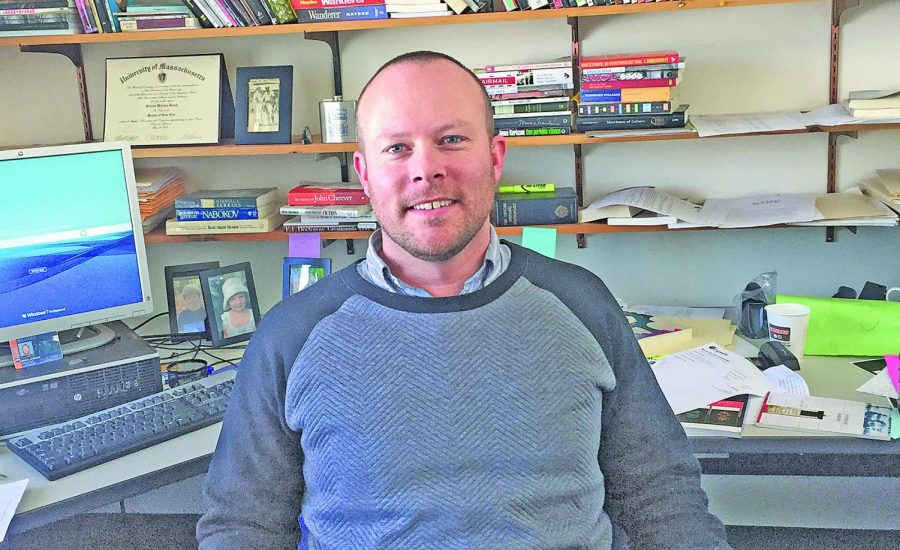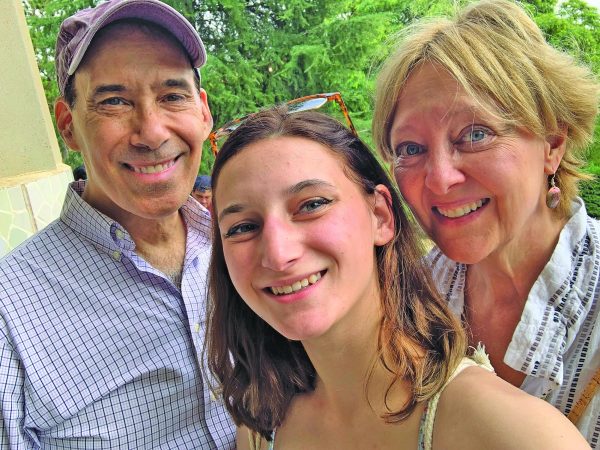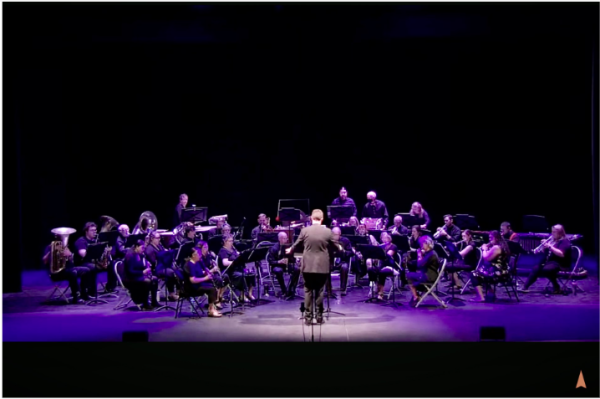Writers’ series on hold for semester
Jensen Beach
The visiting writers’ series, typically run by the JSC Writing and Literature department, is not running this semester. According to Assistant Professor of Writing and Literature Jensen Beach, this break has been a chance for he and his colleague, Associate Professor of Writing and Literature Elizabeth Powell, to reevaluate many of the financial and curricular aspects of the series.
“The college does have some pretty serious budgetary concerns, and when you ask a writer to campus, you’re often asking them to do quite a lot for very little money,” says Beach. “Liz and I kind of wanted to prioritize things in a way where we could ask our writers to do a reasonable amount of work for what is always not very much money.”
Elizabeth Powell has been Beach’s partner in reworking the programming. “We are currently revamping the program and curriculum and looking for outside sources of funding,” she says.
The writers’ series has been attended by a relatively small number of students in the last few years. One of those students, Emily Clark, a senior majoring in creative writing, says that she has found the series to be helpful in her schooling. “It was very inspiring to hear authors read because I aspire to be a writer,” Clark says. “So it’s just really great to hear successful authors come in and read their work.”
Clark also expressed some sadness that the writers’ series was not running this semester. “I’m really bummed about that,” she says. “I really wish that we were running some readings this semester, that would be so great. I don’t know if I would be able to make it to them, which is unfortunate, but it’s just nice to have that option.”
This sentiment is echoed by Beach, who feels that it is one of the reasons why the series needs to be reassessed. “I have found that the reality of our students’ lives here on campus tends to be that people have jobs, or they commute and they live an hour away, or they’ve got kids, or they have a lot of homework because they’re taking five classes because they want to graduate in four years,” says Beach. “It seems to me, increasingly in the last few years, that real life is getting in the way of hosting events on a Tuesday night.”
A lack of student participation has also been an issue as many writers travel large distances to get here and then give readings for only a few students. “I think participation, of course, is really key,” Beach said. “Making sure that when we do have writers, that we, as much as is possible for a small school, pack the room.”
Beach makes it clear that Johnson is not the only institution that is reassessing how to progress with these sorts of programs. “I think that it is always a question of money,” says Beach,” and I think that that speaks to a larger concern. It’s not just the fact that we’re a small school in a small state and dealing with those financial realities, but also that this speaks to the ways in which we do and do not value cultural artifacts. How much is art valued?”
Both Beach and Powell are happy to say that this is not an indefinite break from the program, but rather a break of just one semester in which they are trying to make positive changes to the way the series is run and funded. “We do have a number of writers lined up to come visit us in the spring,” says Beach. “So it hasn’t disappeared, it’s just that we’re taking a little bit of time to refocus and reconfigure a little bit how the reading series was working and how we can fold our visitors better into our classes.”








